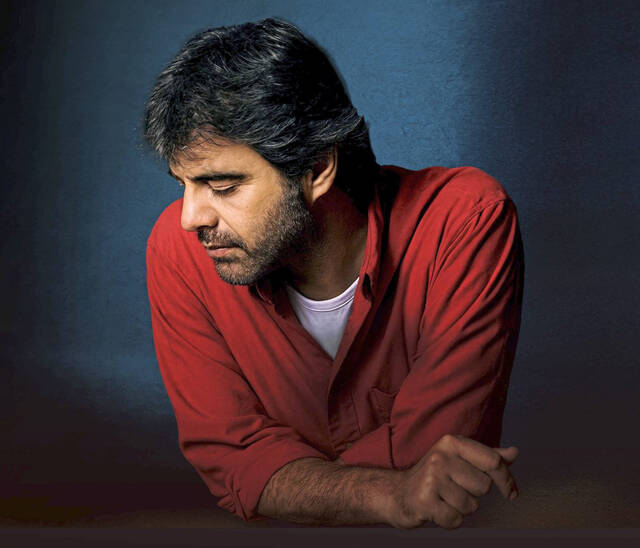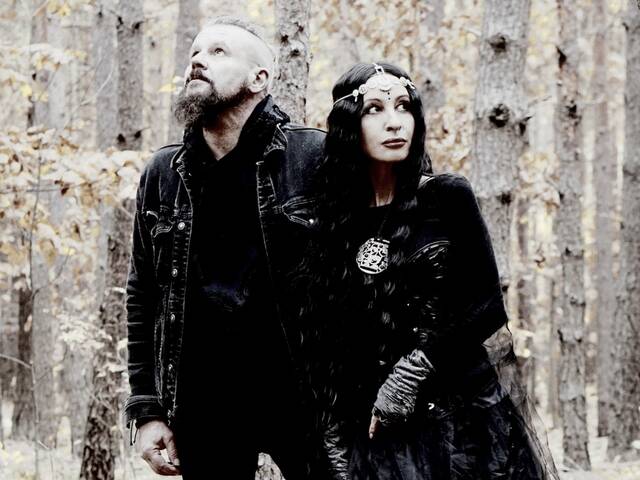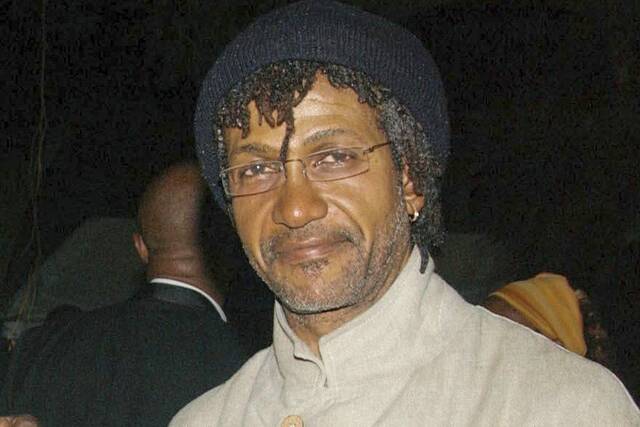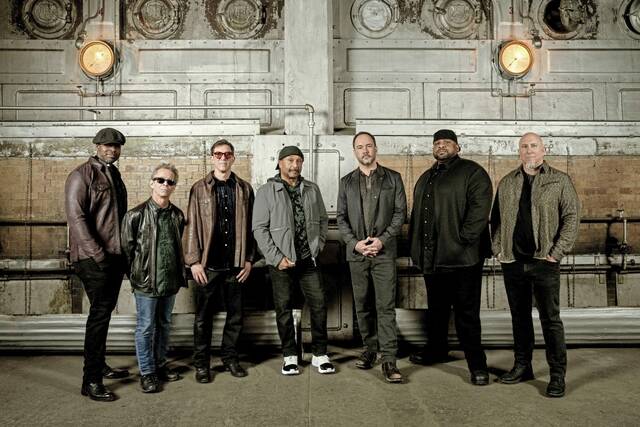When you think of 1990s alt-rock music, bands like Pearl Jam, Nirvana, Stone Temple Pilots, The Smashing Pumpkins and Jane’s Addiction likely spring to mind.
There’s another quintessentially ‘90s band that you might not remember or maybe haven’t even heard of. You might know, and maybe even love, the band had it not been for some unfortunate twists of fate.
The band is called Failure, and it brought a wonderfully brain-bending new sound to the alternative rock scene in its first incarnation from 1990 to 1997.
After that, the band seemingly dropped off the face of the Earth — for 17 years — before resurfacing in 2014. Failure opened for Jane’s Addiction at Stage AE on the North Shore in the summer of 2015.
Now, Failure is making its return to Pittsburgh on Wednesday, June 29, headlining an 8 p.m. show at Mr. Smalls Theatre in Millvale.
Some might classify Failure’s work as post grunge, alternative metal or even art rock. But with what has been described as a “dark and dissonant” and “expansive” wall of guitar sound drizzled with pensive, ethereal musical textures, the term “space rock” probably best describes the band’s sound.
“It really came out of the desire to sound unique, to not get lumped in with all the other bands that were out at the time. We were seeing how far we could push it,” said Failure lead singer/songwriter and guitarist Ken Andrews, a member of the group along with singer and guitarist Greg Edwards, and drummer Kellii Scott.
“We all brought kind of an art student mentality to the band because we were all art students,” Andrews said.
Failure’s benchmark album, 1996’s “Fantastic Planet,” with its retro sci-fi cover art, yielded a marvelous tune called “Stuck on You,” the band’s best-known song and an alternative-radio hit, peaking at No. 23 on the Modern Rock chart.
Much like the lyric from the song, “I thought I’d drop you easily. But that was not to be. You burrowed like a summer tick,” the tune and the band claimed a pioneering space in the alt-rock consciousness.
“The riff on ‘Stuck on You’ sounds like it’s an SOS being beamed in from another galaxy,” said record producer Butch Vig in a forthcoming documentary about Failure that’s been in the works since 2018. Vig said he puts “Fantastic Planet” on his list of the top 25 albums of all time. “It’s just this crazy, freaky cool sound. I was obsessed with it.”
The accompanying video for “Stuck on You,” bearing a resemblance to the opening credits from the James Bond movie “The Spy Who Loved Me,” received some MTV air play but perhaps not enough to be remembered like other videos from that era.
And yet “Stuck on You” and other gems from the album such as “Saturday Saviour” and “The Nurse Who Loved Me,” have registered so strongly with Failure’s cult following, including a significant number of rock music and entertainment luminaries, that they were lining up to sing the group’s praises in the Failure documentary.
Actor/comedian Margaret Cho said Failure’s signature sound made her an immediate fan. “It wasn’t like anything else,” said Cho. “It’s crunchy and loud but at the same time quiet. It’s like a dull roar of silence. It’s really weird.”
“Fantastic Planet” sold 100,000 records, and Failure played Lollapalooza in 1997. Everything was on an upward trajectory.
But like the brightest stars in the night sky, the L.A. based group shone intensely before burning out. So, what happened to Failure? How did a group that made such an indelible impression on so many just go away?
According to Andrews, the band imploded mainly because of drugs, including heroin. But he says their substance abuse problems were exacerbated by their independent label, Slash Records, holding up the release of “Fantastic Planet.”
“We had artistically, creatively and emotionally put everything we had into making ‘Fantastic Planet.’ We knew that it had a chance to break bigger for us,” said Andrews.
Just as they were finishing the record, they got word that no one had any idea when, or if, it was going to come out. The record ended up sitting on the shelf with no plans for release for 18 months.
“During that period, the level of discouragement, depression and self-destruction through addiction got really high basically,” Andrews said. “Warner Brothers ended up releasing ‘Fantastic Planet.’ But it ended up being close to two years after we had mastered it. And by the time we got on the road to promote it, we were in real trouble with drugs.”
Andrews said he figured Failure was completely finished at that point, but that he was more concerned about the health of his bandmate Edwards, who was in particularly bad shape.
“My focus was on making sure that he didn’t die,” said Andrews. “I was doing my best to help. I was in contact with his parents. We were debating whether or not to do an intervention. Basically, I had to break up the band because everyone else was waiting to see what was going to happen and I was like ‘nothing’s going to happen. We’re just trying to live right now.’ ”
Eventually they all got help and got sober, Andrews said.
So, how was Failure able to find its way back after nearly two decades? For one thing, even after the band broke up, fans kept revisiting their work and younger bands kept citing them as an influence. Eventually Andrews, Edwards and Scott were inspired to reboot Failure in 2014.
Since then, there have been three albums — matching the output from their original incarnation — including a new one released this year called “Wild Type Droid.” With songs like “Water with Hands,” “Head Stand” and “Undecided,” Failure sounds as fresh as ever.
“I think it comes down to the fact that the sound of the band has simply been the combination of the people involved,” said Andrews. “It’s almost hard for us to do anything but the Failure sound when we write together. It’s just something that kind of happens when Greg and I and Kellii get in the room together.”








